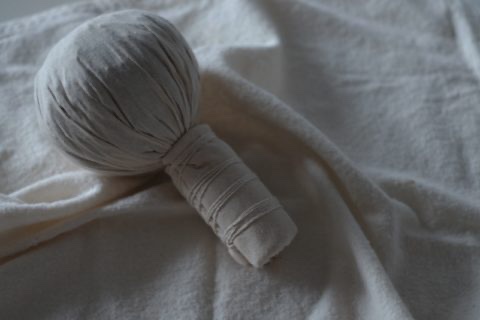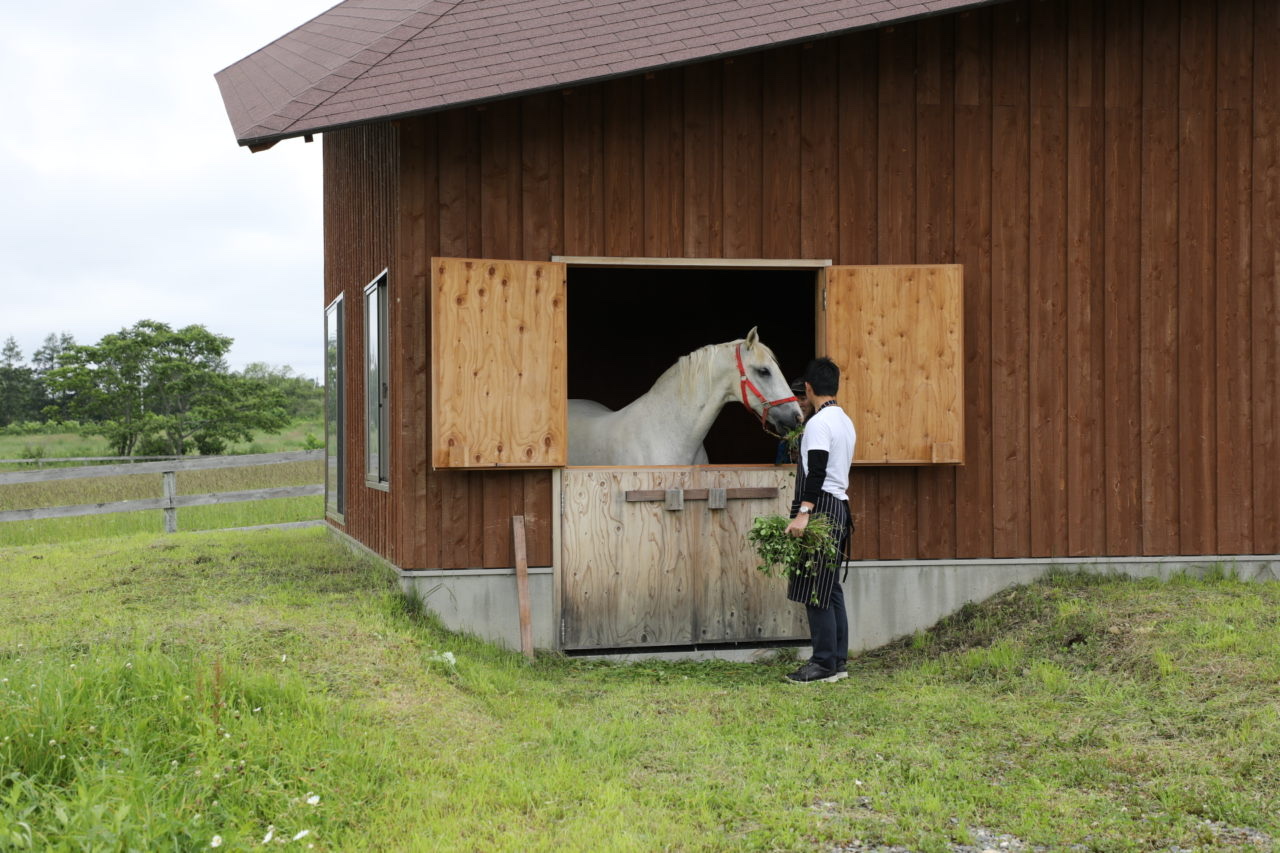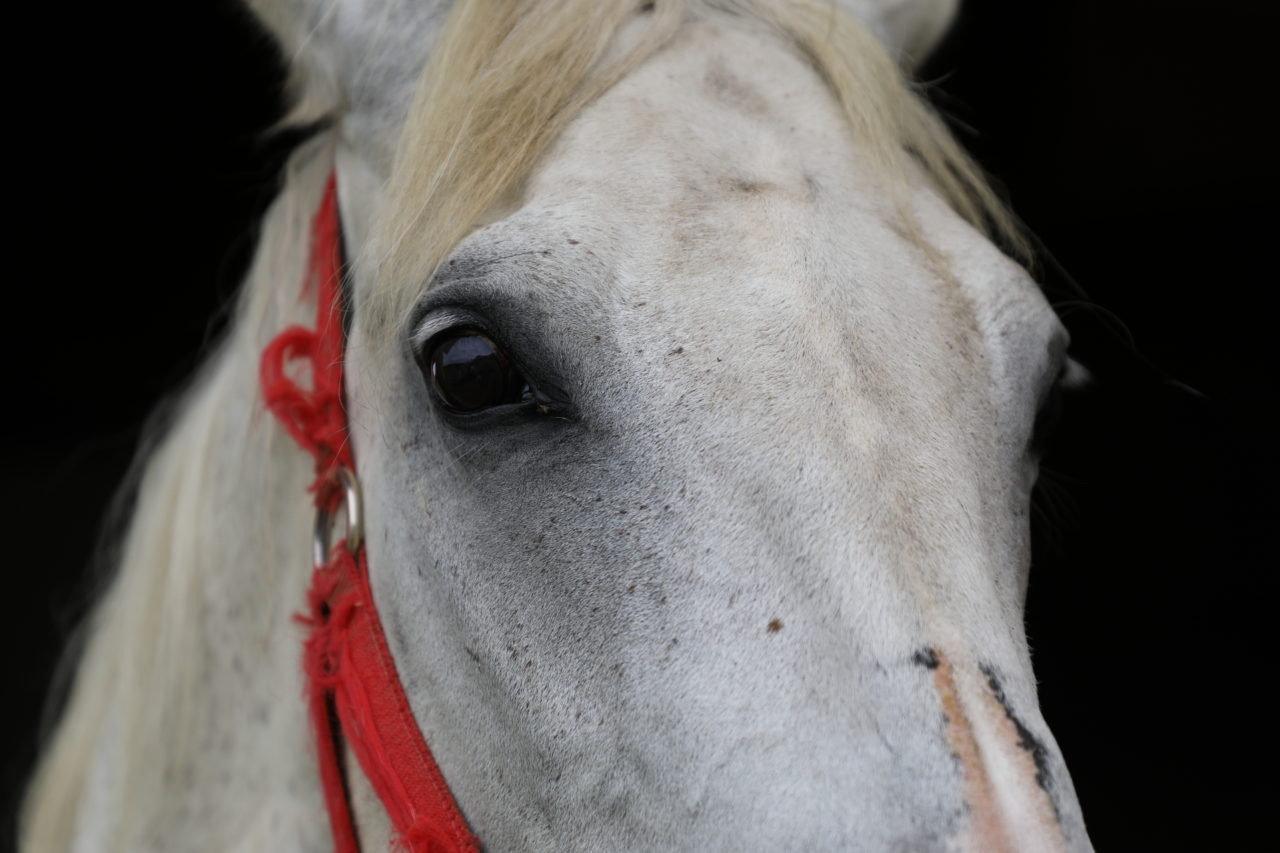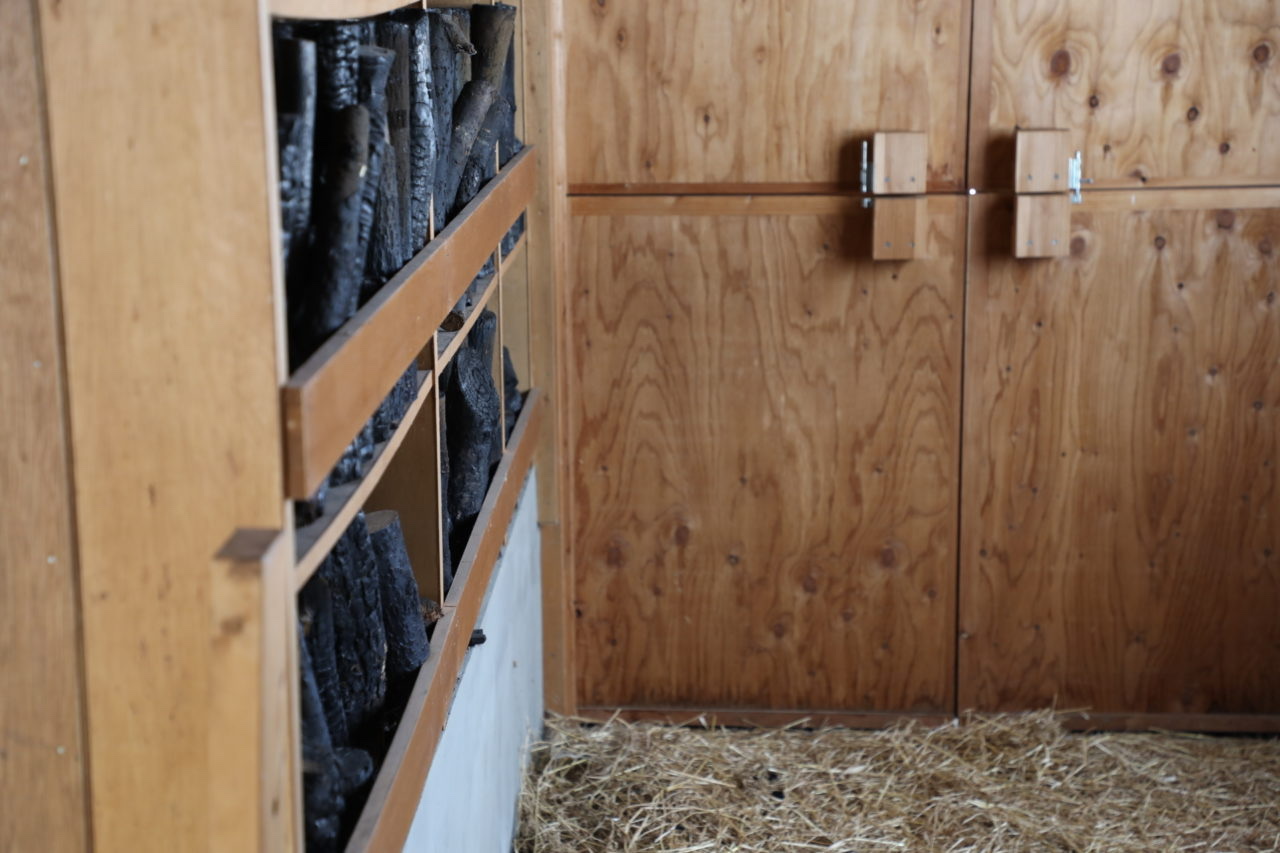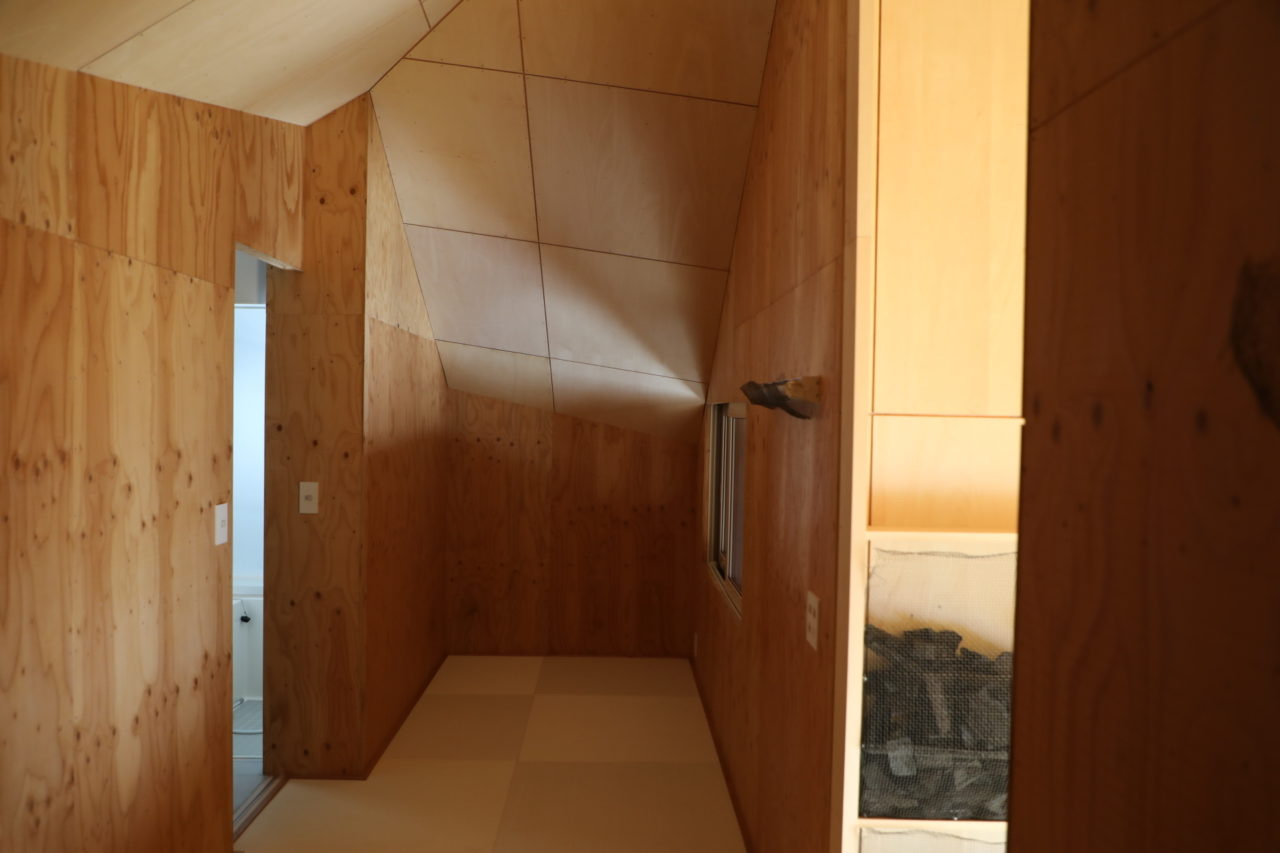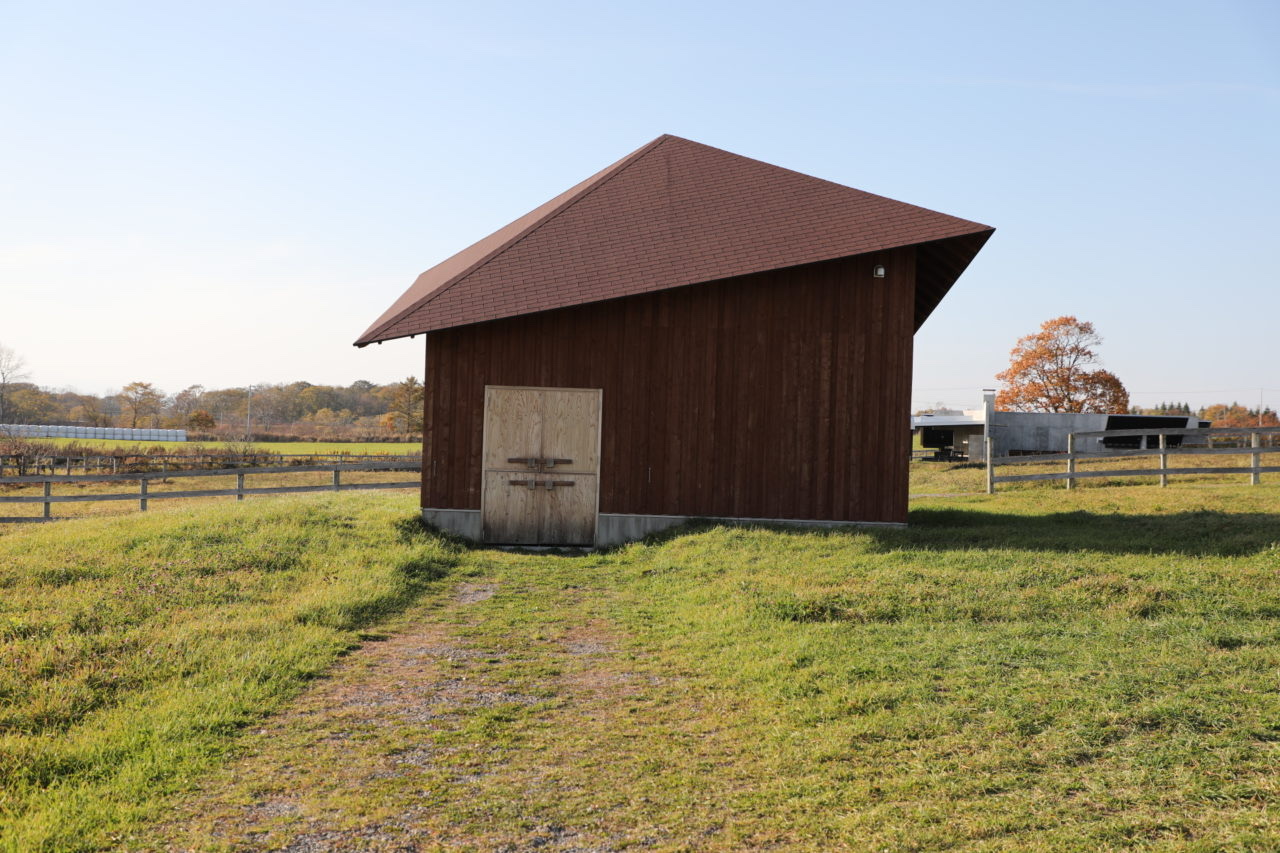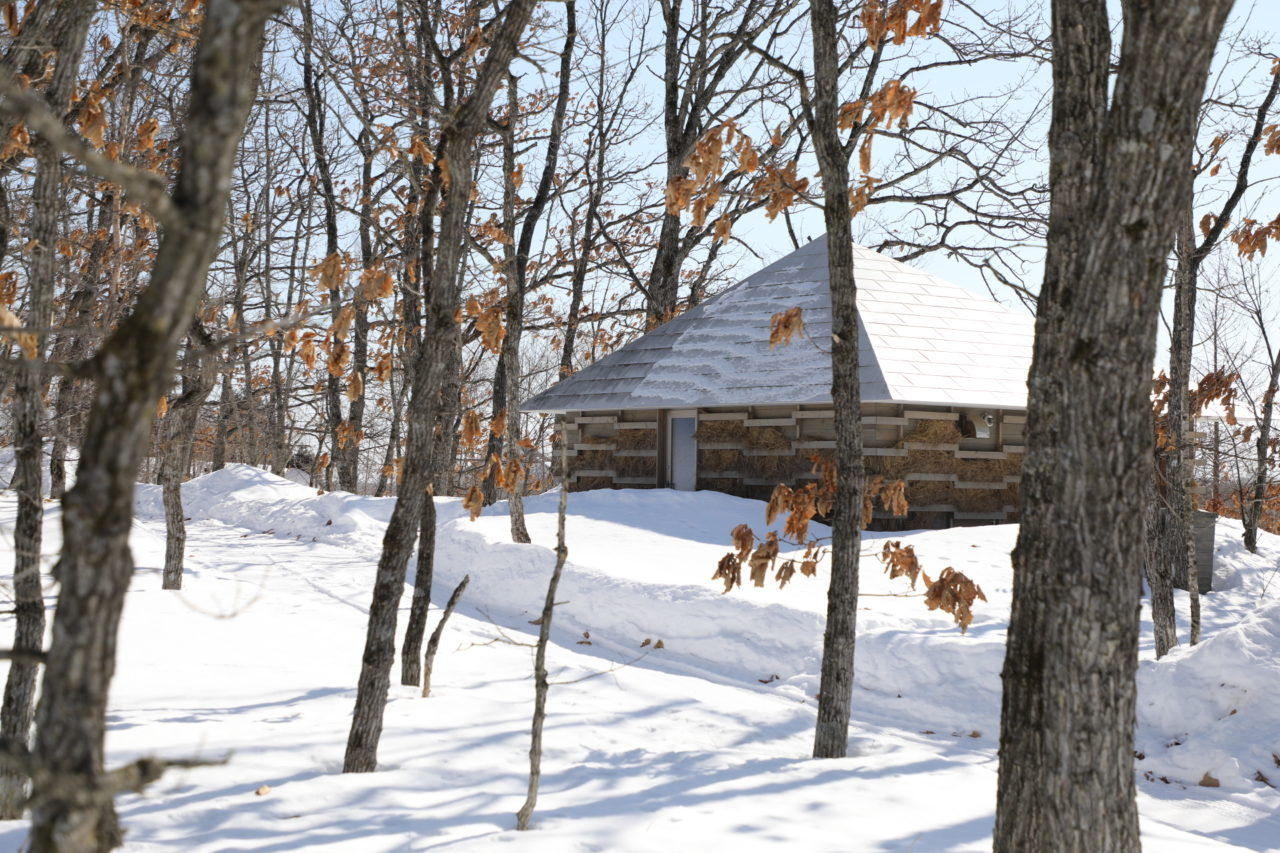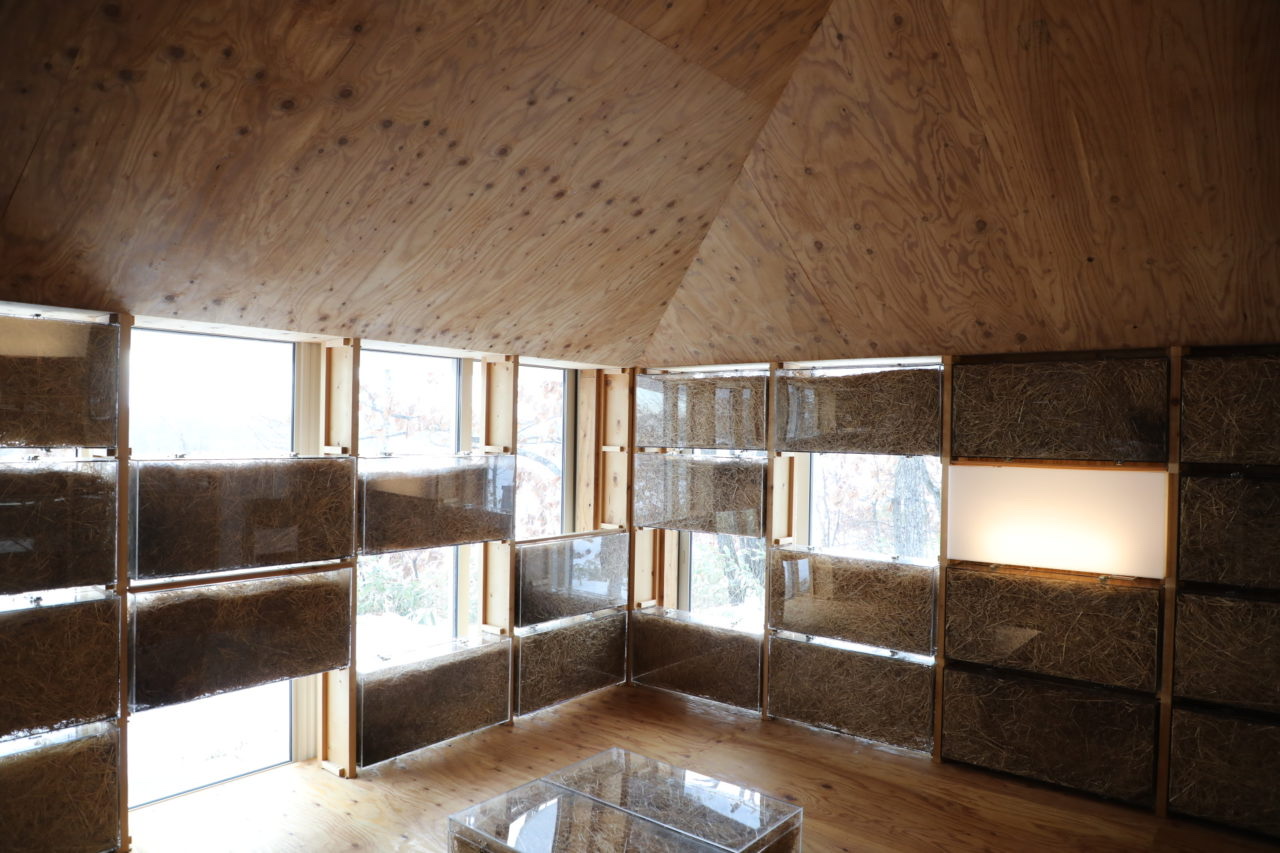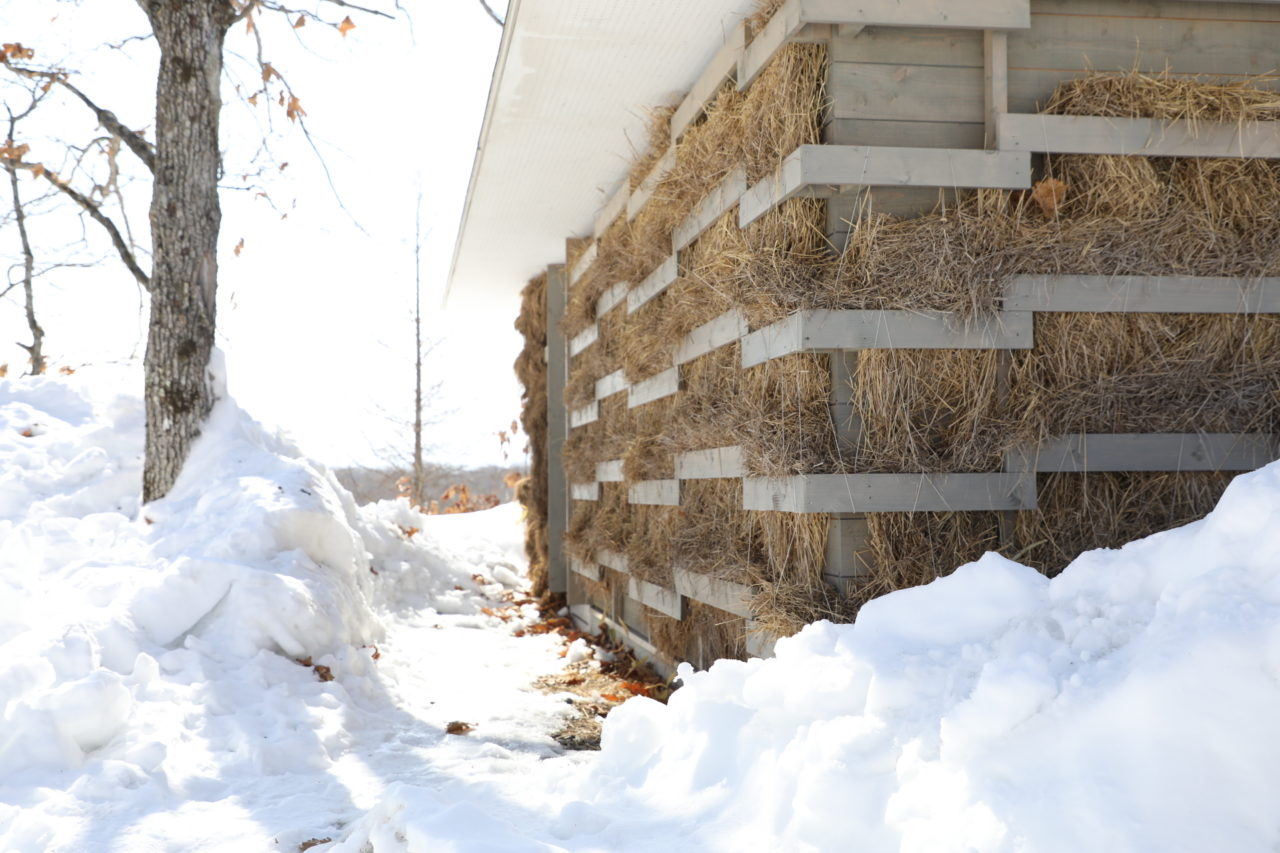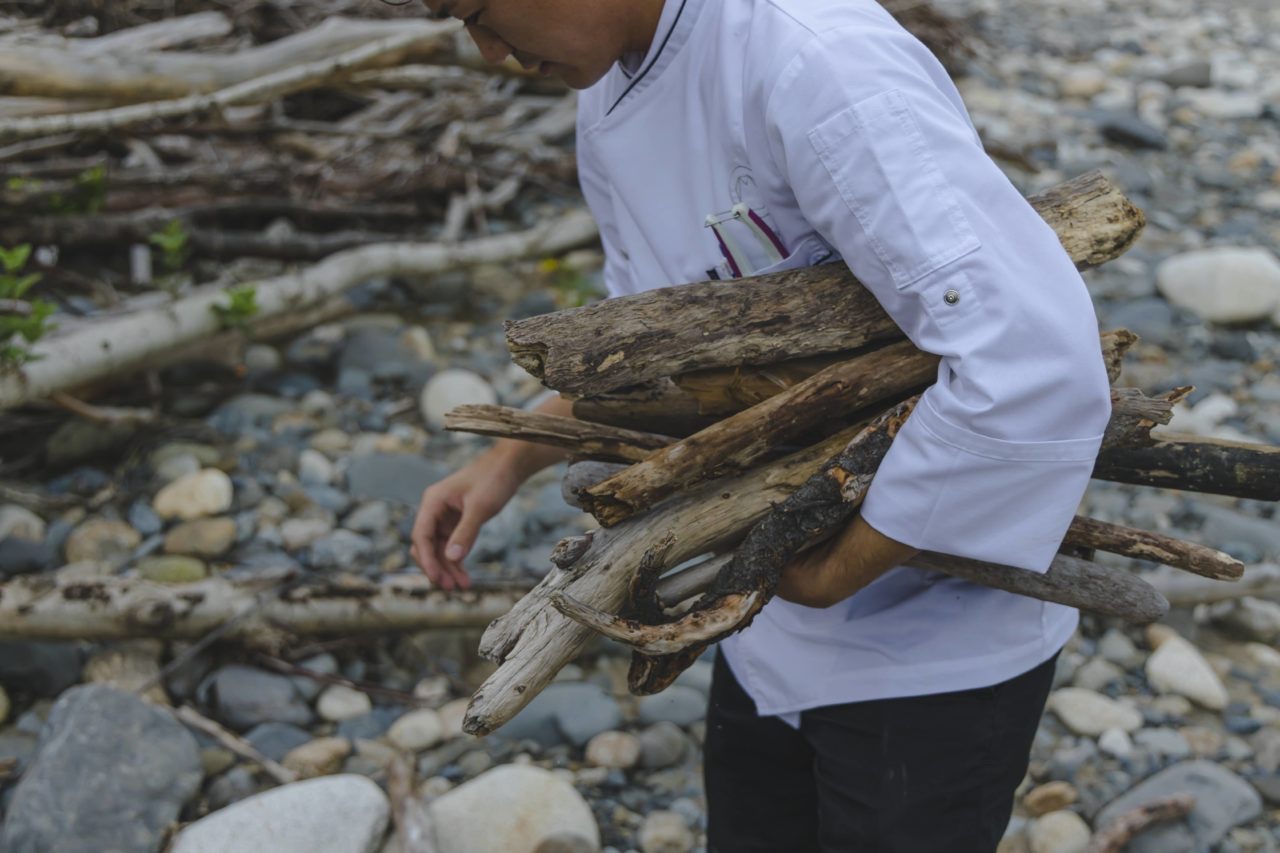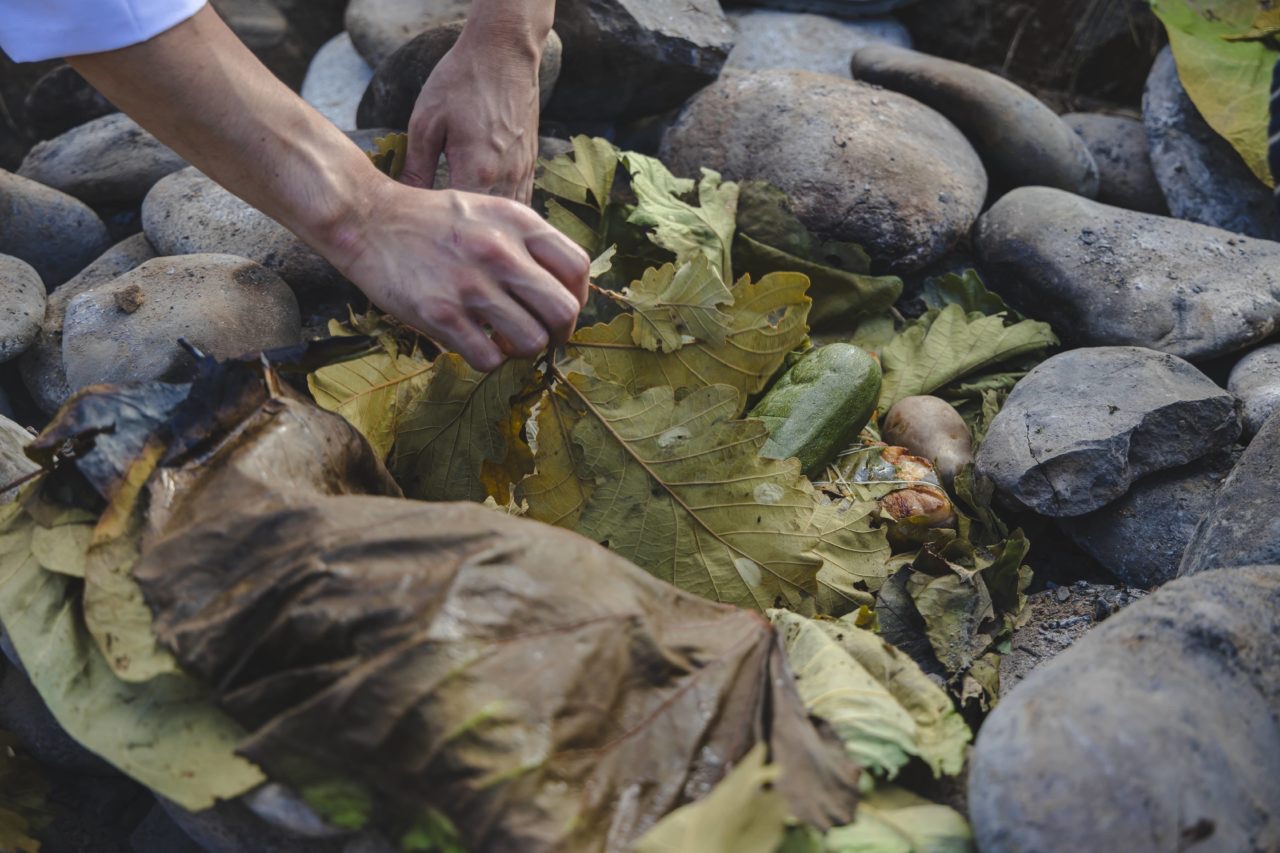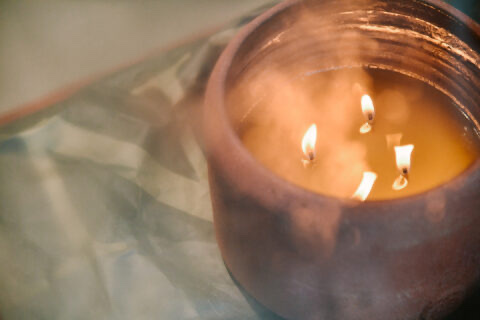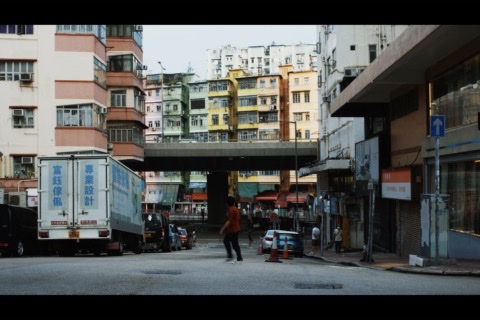亞馬遜雨林發生大火,地球之肺重創;巴西在5個月間,5億隻蜜蜂因農藥而死亡;本年至今,香港已有三十多宗鯨豚擱淺個案;格陵蘭島的冰川正急速溶化……這些日子,大自然不斷以各種方式向我們發放警號,要我們認真看待這個臨危的家園。
即使是在都市裡,我們仍然受著大自然的恩惠,只是日子過得太急忙,一不小心,便忘了思考,與之相處的正確方式。位於北海道廣尾郡大樹町,有一家佔地達逾18萬平方米的酒店,名為Memu Earth Hotel,以「在地球上居住,從風土裡學習」為宗旨,希望透過短暫的居住經驗,讓人更貼近自然,體驗與之共生的可行方法。
在酒店的園區裡,建有五幢小房子,每一幢房子的主題都連結著當地的風土氣候、文化歷史。從其建築設計及概念,給予居住者富於實驗性的生活體驗,以及與大自然並存方式的提案。其中兩幢分別由慶應義熟大學及早稻田大學的學生設計、隈研吾監修的房屋——Barn House及町まとう(音:Machi Matou)亦已於今年八月起,開放接受預訂。
The tropical rain forests of Amazonia, the lungs of the Earth, are in flames; half a billion bees were killed by pesticides in Brazil within 5 months; up till today this year, 30 cases of cetacean stranding have been found in Hong Kong; the Greenland ice sheet is melting rapidly… Nature has been warning us at different levels to seriously mend our collapsing homeland.
Even though we are living in the city, we are always embraced by the nature. Most of the time we are just not cautious enough to live up an eco-friendly lifestyle. In Taiki-cho, a town in Tokachi Subprefecture, Hokkaido, lies a hotel on vast meadows of over 185,000 square meters. It is Memu Earth Hotel which runs with the motto “To Spend The Night On Earth, and Learn From The Land”. It aims at providing “down-to-earth” accommodation experience for people to experiment with possible ways to co-exist with nature.
In the hotel, there are 5 houses built on the vast “Memu Meadows”. Each house echoes with its specific local climate, available natural resources or cultural history. From their different architectural design and concept, they are providing solutions to live in peace with nature by unique accommodation experience. Barn House and Machi Mato House (A Recipe to Live) for instance, are 2 houses designed by respective undergraduates from Keio University and Waseda University, with the support of the architect Kengoh Kuma. They are in service starting this August.
大樹町曾是牧馬生產地,連結著這段歷史,Barn House以人馬共生為概念。房子內設有馬糟,馬匹因新陳代謝產生的熱能,高出人類10倍,加上馬匹的排泄物於製成堆肥的過程裡,也會排出熱能,能確保寒冷的天氣下,室內仍然溫暖。至於町まとう的概念,則是源自日本東北大地震時,各個地區物資短缺,人們只能依靠手上僅有的物品來過活的經驗。大樹町因為曾是牧馬場的關係,長有大量的牧草,於是早稻田大學的學生團隊以乾燥了的稻草作為建築物的外牆及內壁,有效隔熱之餘,同時在稻草發酵的過程裡產生的熱能,也能為室內保溫。
Taiki-cho was once a training center that produced many famous thoroughbred racehorses. By inheriting this piece of memory, Barn House aims to present a new way of co-existence between horse and human. The building has segments for residential space and the sheds for the horses. Horses generate 10 times more heat than humans during metabolism. The horse manure is not only used for composting but also used to warm up the room using the heat generated from the process. The residential facility is designed to retain heat and provide insulation for humans and horses even in cold climate.
Machi Mato House is designed to suit “the new era after the disaster”. At the time when earthquake stormed Northeastern Japan, shortage of materials was common and people survived using only very primitive resources. The Waseda students focused on the “pasture” that symbolizes Taiki-cho. They not only use the pasture for the exterior walls, but the straw preserved in sealed cases at the time of reaping also becomes walls by being stacked along the shelves from the inside. It also serves as a thermal insulation by having its moisture transpired. The straw also ferments and the produces heat to keep the in-door areas warm.
Memu Earth Hotel在各方面都主張地產地消,供應的食物固然是來自本地的農場及牧場,煮食的方法也聯繫著大樹町的土地。主厨參照了南美秘魯的傳統煮食方式,將大地化為巨型的烤箱。烹調的首個工夫,是到河邊撿石頭,在地上挖洞,舖上石頭,加熱後,放進用樹葉包好的食物,覆上泥土,花三四個小時,慢慢將食物烤熟。來自大自然的工具,加上長時間的烹調,令食材在地的氣息更為濃郁。住客亦可以到山上、鄰近的河流旁採集山野菜,將搜集回來的食物製作成晚餐的特別餐點。在Memu Earth Hotel裡,不只是住,於食、行之中,亦能讓人感受自然的可貴。
Memu Earth Hotel proposes “sustainability” in every possible aspect: all the wild games, animal livestocks and plants appeared on their menu come from the local community. The cooking techniques are connecting people with the land too. By adopting Peru tradition that makes use of the land as a massive oven, the Memu chef first collects stones from a stream, then digs a hole on the ground. After heating the collected stones laid in the hole, he puts leaf-wrapped food into the hole and covers it with soil. The food is slowly cooked for 3 to 4 hours. With natural tools and such a slow cook technique, the food served is full of distinguishing flavours seasoned by the land. Guests are also welcome to forage in the woods and streams nearby. Their picks would serve as a special highlight on their dining table. In Memu Earth Hotel, you can appreciate the precious gifts of nature from the living space, the dining experience and every footstep around.
